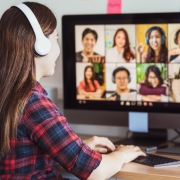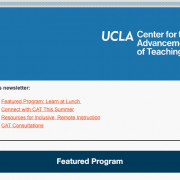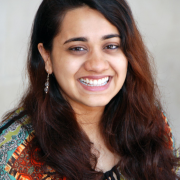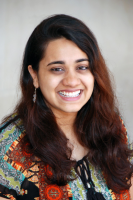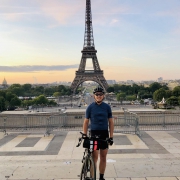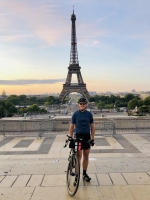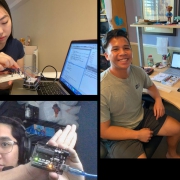For over 25 years, Daniel Tran has operated both in front of and behind the scenes to manage and deliver some of UCLA’s most critical services. Behind that IT curtain you will find not only a very accomplished IT professional, but also a fascinating and very accomplished person in areas outside his profession. He will never tell you this himself, but Daniel Tran is doing some amazing things at UCLA and in his life!
So who is that masked man behind the CCLE Home technology curtain? For starters, Daniel is someone who has arguably had the greatest impact of a single individual on the core mission of undergraduate teaching and learning at UCLA since CCLE went into full production ten years ago. Why? As CCLE Home’s Systems Engineer, Daniel makes sure CCLE runs 24/7/365 by monitoring, maintaining, fixing, updating, and equipping the servers and their systems, the CCLE application, and all the integration points CCLE has with single sign on, registrar data, MyUCLA Gradebook, and third-party services like TurnitIn and Kaltura, to name a few. Anyone in IT will tell you that systems engineers work long, sometimes unpredictable hours, to reliably deliver the services UCLA students and instructors rely on at all hours of the day.
With that kind of always on-call work demand, you might expect Daniel to enjoy low-output pursuits in his personal life. And yes, Daniel does enjoy restoring old electron tube audio equipment and working on analog circuits.
But 24/7/365 systems upkeep doesn’t stop Daniel Tran from some amazing high-output pursuits, most notably endurance cycling, where you ride long distance over a day or multiple days. Distances can be “double century” (200 miles in a day within a certain time limit) or literally crisscrossing various countrysides on routes of 600km, 1000km, or even 1200km. Daniel’s proudest achievement is completing the prestigious Paris-Brest-Paris “randonneur,” a route of 1200 km (746 miles) that he completed in just under 80 hours. He’s also been inducted into the California Triple Crown Hall of Fame for having completed 50+ double centuries.
“I love cycling since my college days,” says Daniel. “I didn’t have a car back then so the bicycle was my only mode of transportation and I fell in love with it. I got back into cycling 6-7 years ago because I have more free time and I also wanted to change to a more healthy lifestyle.”
Some of Daniel’s favorite rides were to the top of Mt. Haleakala, rising 36 miles from sea level to 10000 feet on Maui’s highest point, and in the French Alps along iconic Tour de France routes.
Typically, Daniel rides about 200 miles/week, but during the Covid-19 pandemic, that’s been cut in half. Not able to travel or participate in in-person cycling events, Daniel has turned to Virtual Double Centuries, completing three of them in the past three months either on a smart trainer or riding any outdoor route that meets the required distance and elevation gain. His next virtual doubles are the Southern Inyo Moonlight Double, and the Carmel Valley Double. Which should put him in good form for “the toughest 48 hours in sport,” the Silver State 508 Race: 508.8 miles, 22,574 feet of climbing and covering Reno to Eureka and back within 48 hours.
“Cycling to me is therapeutic. I relax my mind. During the day, I enjoy the outdoor scenery. During the night, I enjoy the night sky and the tranquility. From time to time, I also think about technical work problems on my ride.”

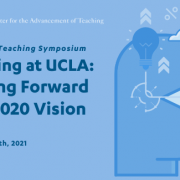
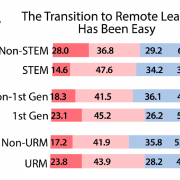
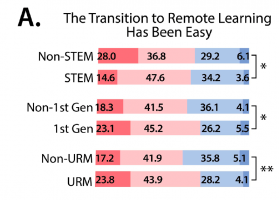
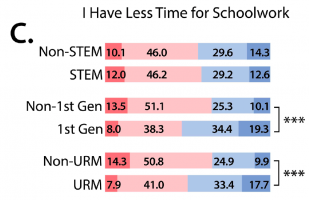
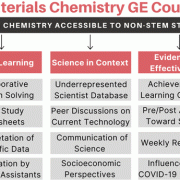
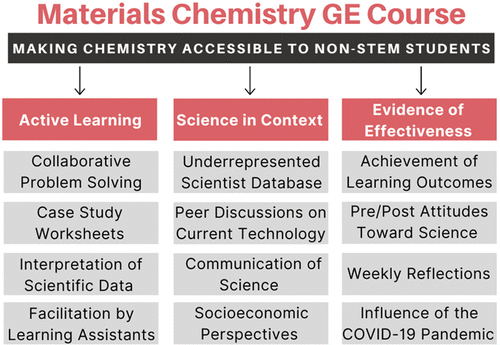
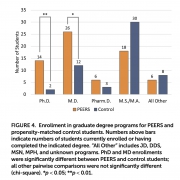
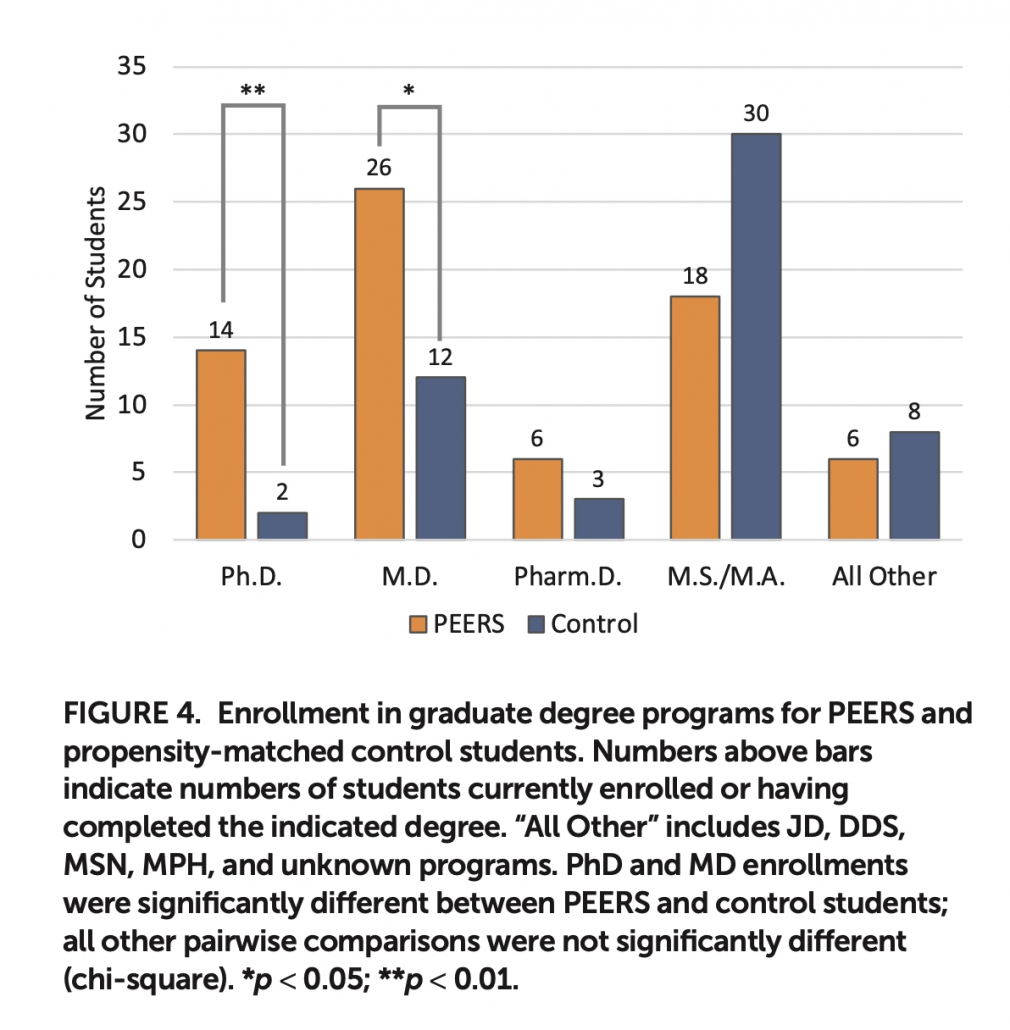 The full article can be accessed here:
The full article can be accessed here: 